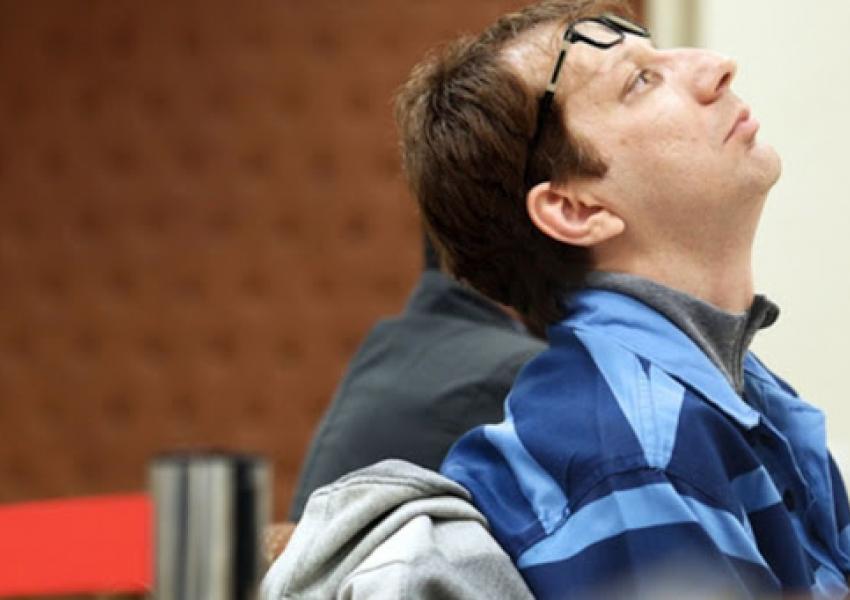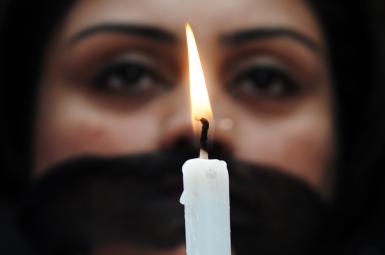
Iran Billionaire Might Not Be Hanged If He Pays Debts To Government
Ahmad Mortazavi-Moghadam, the Chief of Iran's Supreme Court, said Friday that the death sentence on former tycoon Babak Zanjani might be commuted if he paid back the money he owes to the government. Mortazavi-Moghadam said that “certain matters” needed to be taken into consideration “for the country's benefit.”
Rasoul Kouhpayezadeh, Zanjani's lawyer, said Saturday that his client would definitely be pardoned as he had bequeathed all his assets in Iran to the National Iranian Oil Company (NIOC) and taken effective action to repatriate assets from abroad to repay the rest of his debts.
Zanjani was sentenced to death in 2016 for misappropriating government funds and ‘corruption on earth.’ Judiciary officials had previously insisted Zanjani would be hanged even if he repaid all debts.
Zanjani sold Iranian oil on behalf of the NIOC during President Mahmoud Ahmadinejad's second term (2009-13) through an elaborate network of black market dealers and money-launderers − particularly in the UAE, Turkey and Malaysia − to circumvent oil sanctions. He was sanctioned for this work by the Council of the European Union in December 2012 and and by the United States Treasury in April 2013.
Zanjani was arrested in late 2013, after Hassan Rouhani was elected president, and convicted for embezzling proceeds, but has always maintained his innocence and that the death sentence passed was "politically motivated."
According to oil minister Bijan Namdar Zanganeh, the total owed by Zanjani, including compensation for late payment and interest, amounts to around $3.5 billion. Zanjani's assets in Iran were confiscated by court order but these were reportedly only a fraction of the assets abroad that he refused to repatriate.
In 2013 Zanjani, a middleman born in 1973 who built a business empire in a short time, claimed his net worth was $13.5 billion. This week’s developments seem to confirm the wide belief that Zanjani had stashed billions of dollars from oil sales in foreign bank accounts or invested the money abroad in a range of enterprises including hospitality, commercial aviation, infrastructure, and real estate.
Iranian media at the time of Zanjani's arrest and trial spoke of his connections with the Revolutionary Guards (IRGC). Some media alleged he was only a fall guy and speculated that he refused to cooperate because he feared he would be killed.




